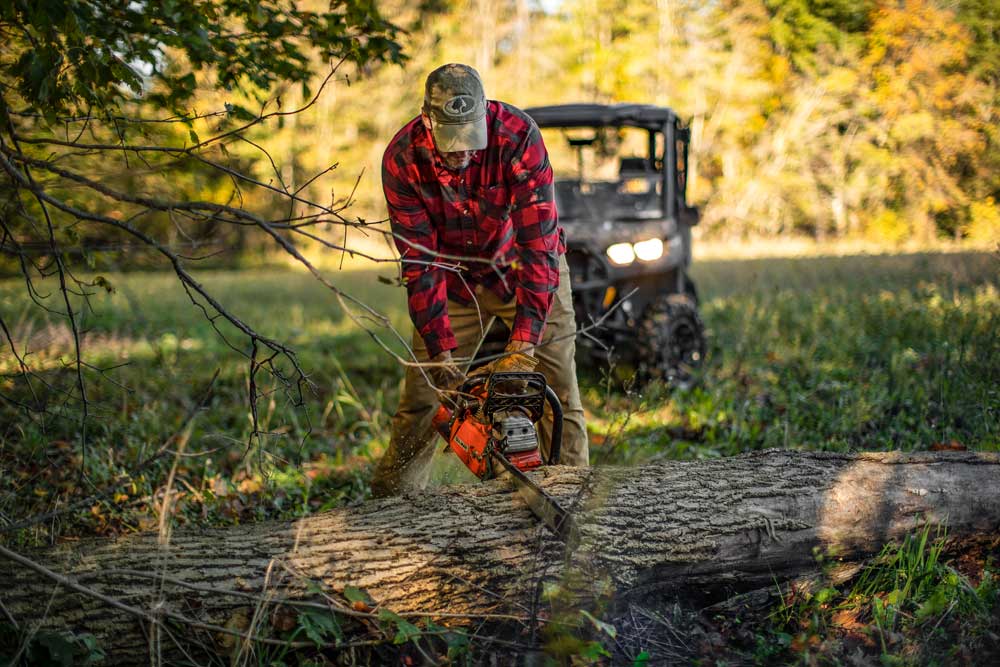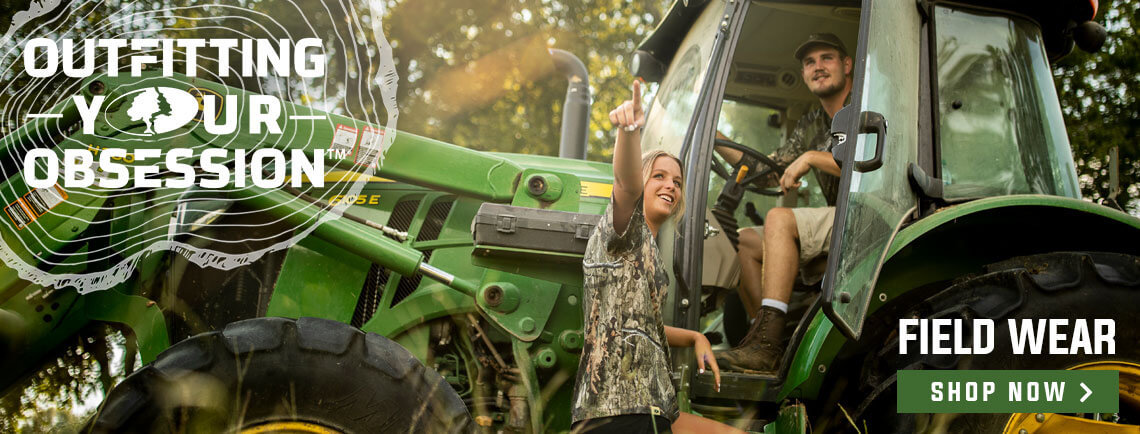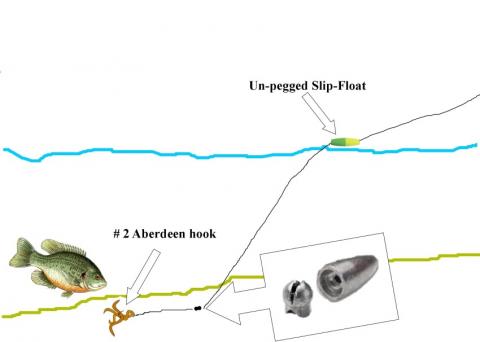If you can count yourself among the lucky individuals who call a chunk of land their own, consider yourself fortunate indeed. Owning land is a truly special responsibility. We use the term ‘responsibility’ because there are absolutely tasks you should undertake to manage it well and improve it over time. Whether you transfer it to your children one day or sell it to a stranger, you can be proud that you changed it for the better.
Unfortunately, many of the tasks you might undertake could change your hearing for the worse, unless you regularly use land management hearing protection. Here are some ways you can improve your property without damaging your ears.

Types of Land Management
When you own land of almost any sort, it will need some kind of maintenance, management, or upkeep at some point during your tenure. Should you be lucky enough to have some acreage as part of your permanent residence, there are all kinds of responsibilities awaiting your decision. This might include regular lawn mowing, trail and road maintenance, seasonal work (e.g., raking leaves), or cutting and hauling firewood. If you own and operate a farm or ranch, your tasks might seem endless between tilling and planting fields, harvesting crops, maintaining fences, managing animals, varmint hunting, and other general farm chores. In the case of hunting properties, land management might include mowing fields and trails, cutting existing or planting new trees and shrubs, and clearing areas for food plots or conservation plantings. Keep in mind that the tasks mentioned above apply mostly to private landowners. If you have a property or land management business or career, you’re obviously looking at doing these jobs much more frequently and are on another playing field altogether.
MEET THE LAND MANAGEMENT PROGRAM BY TETRA HEARING
Activity Sound Levels
As you probably already know, many of the activities we need to do on our farms or hunting properties require loud equipment and often take long hours of exposure to those tools. In general, you can’t accomplish a ton on a large property in a single day. There’s really no getting away from those facts. The question then becomes how damaging that equipment can be to our hearing.
Per standards from the Occupational Safety and Health Administration (OSHA), the human threshold for permanent hearing loss is around 85 decibels (dB). According to National Institute for Occupational Safety and Health (NIOSH), several common farming or property management activities we partake in (see short list below) produce noise well above a safe level without adequate land management hearing protection. Here are just a few of the common tools we might use on our properties.
- Lawnmower – 80-85 dB
- ATV/UTV – 85-100 dB
- Tractor (idling) – 90-100 dB
- Chainsaw – 100-110 dB
To put things in perspective a bit, with a chainsaw producing 110 dB, it would take only 2 minutes of exposure or use to cause permanent hearing loss. Be honest: how many times have you run a saw for tank after tank of gas without ever stopping to think about your hearing? If you’re guilty of that (as most people are), you have definitely lost some of your hearing from that activity. And unfortunately, you can’t recover your hearing ability – once it’s gone, it’s gone forever. You can check your current hearing levels and get your own personal hearing test on our website if you’re curious where you’re at. The next question is how you can prevent further permanent hearing loss from tool use and land management activities.
Preventing Hearing Loss
It’s likely that many of us grew up in times when hearing protection wasn’t readily available or even socially accepted. Obviously, there’s nothing that can be done about things that have happened in the past. But you can protect your current hearing levels and make sure they don’t get worse. If you want a better quality of life later in your golden years (who doesn’t), you owe it to yourself to protect your ears now. When it comes to land management hearing protection options, you have several choices, depending on which activities you’ll do.

THE IMPORTANCE OF HEARING FOR HUNTERS
Foam earplugs – this is one of the simplest and cheapest ways to protect your ears. You can find foam earplugs at any hardware store or even gas station and buy a whole box for a few bucks, making it very accessible for anyone. Basically, you want to compress the end by rolling it between your fingers, and insert it into your ear canal while pulling up on your ear. Ideally, it will expand to fill any crevices and block sounds from going straight to your eardrum. But there are some issues with them. If they dislodge a little bit, they will cease to be effective anymore. They also don’t fully block very loud noises well. However, they are ultimately a ‘better than nothing’ option for land management hearing protection.
Earmuffs – if you want to take your land management hearing protection to the next level, earmuffs are a great choice. The two ear cups fit over your entire ear and fully surround them. You can find cheap earmuffs that provide a low noise reduction rating (NRR) and expensive ones that really muffle the sound. The fit of the muff against your head is critical to how well these work, as flexing side to side will negate their effectiveness.
Combination – by using foam earplugs with earmuffs over the top, you get even better protection for your ears. This is a great choice if you have a lot of solo work where you don’t need to hear others speaking or need to hear anything else going on around you. But it’s not an easy system to quickly put on and take off. If it’s working properly, you shouldn’t be able to hear well when they’re in use.
TETRA Hearing – electronic hearing protection (such as TETRA Hearing products) can be a good middle ground between adequate hearing protection and still being able to safely hear things. By using our products, you can be sure they will block noise above the safe hearing threshold. But as soon as you stop, they will allow you to hear normally (or even better). This eliminates the need to put them in and take them out constantly. As an example, let’s say you’re cutting firewood or removing trees for a food plot on your property. While the chainsaw is in use, our AlphaShield Compression technology limits the overall noise to a safe level so your ears are protected. But when you stop the saw, our Specialized Target Optimization (STO) technology makes voices and other ambient noises sound crisp, clear, and natural (not over-amplified and buzzy), even though the products are still in your ear canal.
When it comes to land management hearing protection, don’t take shortcuts – not when your hearing is on the line. As we mentioned, it only takes a single exposure or a couple of minutes for a loud sound to permanently damage your hearing levels. Don’t let that happen while you’re out doing what you love on a property you can call your own.




























